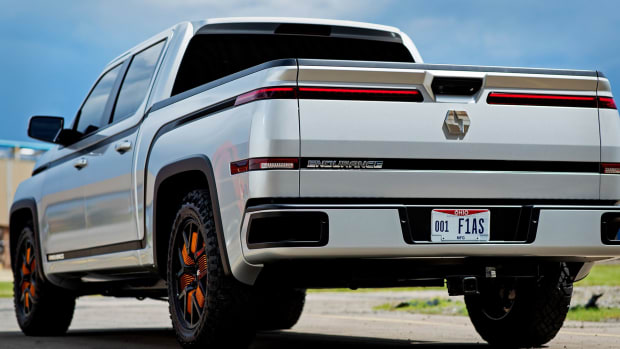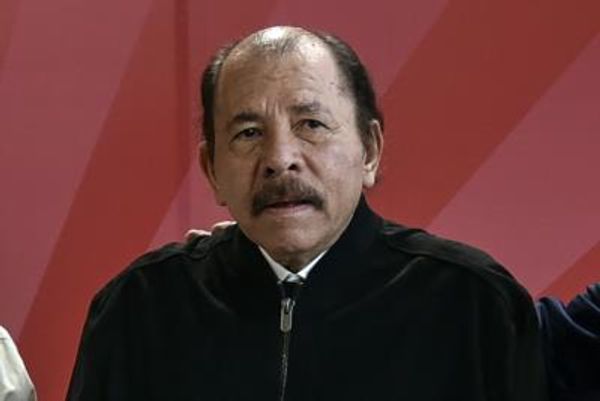The war for buyers of electric vehicles has been heating up since January, with interest in the sector leaping 70% in 2022 alone.
That's been good news for established players like Tesla (TSLA), Ford Motor (F) and General Motors (GM), which have been enjoying a 25% uptick in the pricing of EVs.
Even used electric vehicles have been selling for more than their original sticker prices, as consumers look to avoid the pain they feel each time they fill up at the gas pump.
For a bit now it has seemed that anything even electric-vehicle-adjacent has had a Midas touch to it.
Sales of charging-station operators, tech used to maintain an EV, and even waiting lists for buying luxury versions have all been boosted by heightened curiosity about owning a car that never needs to have a drop of gasoline.
But not everyone has been a winner.
Tesla rival Lordstown Motors (RIDE) has suffered a series of setbacks that spell trouble for the company.

Lordstown Motors
Estimates Unmet
Lordstown's history has swung from polarity to polarity, as it has struggled to find a foothold in an increasingly crowded marketplace.
Thus far, it is still in preproduction.
Lordstown had initially said it would debut in 2021 and would be producing more than 30,000 vehicles by last year. Neither of those estimations has come to pass.
The electric-truck startup has planned to begin production in the third quarter on 500 Endurance plug-in pickup trucks via a partnership with Taiwanese tech company Foxconn Technology Group (FXCOF) .
But movement on that estimate has been stymied by a sluggish business environment and repeated delays in Lordstown's sale of an Ohio factory to Foxconn.
Lordstown agreed to sell the plant for $230 million at the end of 2021, but it is still in process.
The company's share price slumped in late February when Lordstown Chief Executive Dan Ninivaggi voiced frustration with its partnership with Foxconn.
“Quite frankly, I am disappointed that we’re not further along,” Ninivaggi said on a conference call with analysts. “The relationship with Foxconn is very positive and the discussions are ongoing, but we need to bring that to a conclusion and I’m hopeful that we’ll get there.”
Hammering out the details with Foxconn has been an uphill battle, Ninivaggi said during that same call.
“It’s certainly possible that we don’t conclude an agreement, but I think it’s highly unlikely,” he said.
A Deal Delayed
Now, Foxconn's buy of the Ohio plant appears as if it might not happen in time to meet a new closing deadline of May 14.
The company also said it had extended the deadline to close the sale to May 14 instead of either April 30 or 10 days after the Committee on Foreign Investment in the U.S. signed off on the deal, which it did on April 9.
"The closing remains subject to additional closing conditions, including further negotiation and execution of a contract manufacturing agreement," Lordstown said in an April 29 statement.
Foxconn has made down payments, of $100 million on Nov. 18, $50 million on Jan. 28, and $50 million on April 15. If the deal does not close by May 14, Lordstown will have to repay all of what Foxconn has paid so far.
That's pressuring Lordstown's prospects. The startup said in the statement that it does not have the cash on hand to pay back those funds.
Lordstown had previously predicted it would produce up to 2,500 trucks in 2023, but that timeline now looks less likely.







